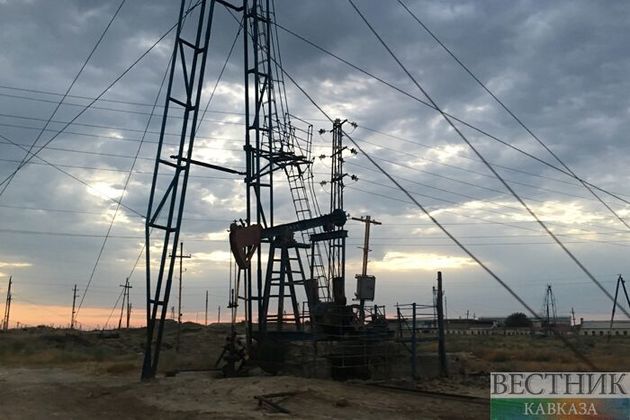Saudi Arabia and its neighbors may face a serious crisis in the near future, Bloomberg columnist David Fickling believes.
"The current price war in oil markets will only hasten the moment when the unsustainable nature of Gulf economies faces a brutal reckoning,"
In principle, there’s ample firepower to fight this war. It costs about as much to pump a barrel of oil from a Gulf oilfield as it does to buy a bottle of fancy mineral water. Even in an extreme scenario where crude prices fall as low as $10 a barrel and almost the entire global oil industry loses money, Gulf producers would remain in the black. The problem, as we wrote last week, comes for their economies, which need a far higher price to balance their budgets and support dollar-linked currencies.
"Take the net financial assets held by Saudi Arabia’s government — central bank reserves, plus sovereign wealth fund assets, minus government debt. These declined to just 0.1% of gross domestic product from 50% over the four years through 2018 as crude plunged from levels of around $100 a barrel at the end of 2014. The kingdom is now likely to be a net debtor for the foreseeable future, even if prices rise back above $80," he wrote.
Over the same four years, net financial assets held by the six Gulf monarchies fell by around half a trillion dollars, to around $2 trillion, according to a study last month by the International Monetary Fund. "Even if peak oil demand doesn’t hit until 2040, that remaining sum could be depleted by 2034, according to the Fund. Oil at $20 a barrel would run it down even faster, emptying the coffers as soon as 2027," Fickling noted.
"With oil prices in the range of $50 to $55 a barrel, Saudi Arabia’s international reserves would fall to about five months of import coverage as soon as 2024, according to an IMF report last year. That should be a deeply alarming prospect, bringing the kingdom within months of an unthinkable balance-of-payments crisis and the abandonment of the dollar peg, which has underpinned the global oil trade for a generation. Yet the prices we’re now seeing make this look almost like an optimistic scenario," the expert said.
The region’s central banks and sovereign wealth funds have assembled vast sums to see them through such a crisis, as well as the longer-term risk of declining demand. Faced with lower prices, however, these buffers could disintegrate quickly.
"The monarchies have surfed a remarkable tide of wealth over the past half-century or so, but every wave eventually crashes. Future generations will never again see the wealth that current subjects enjoy," David Fickling concluded.








